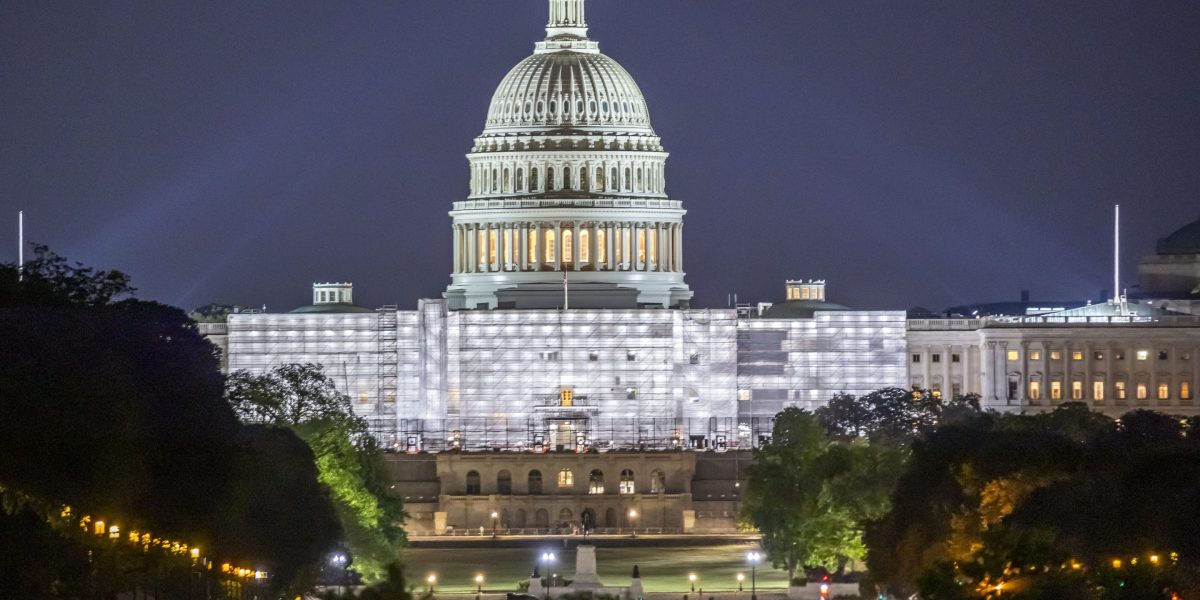Lawmakers declare war on deepfakes that threaten to upend this year’s presidential election::State lawmakers rather than federal officials are leading the charge against AI-generated images that are intended to influence voting.
This year is going to be wild, isn’t it?
I don’t think we’re ready for this.
I’m currently preparing the popcorn… Good luck guys!
You got a couch, a spare visa, and a plane ticket lying around? I’d love to visit permanently wherever you are.
Like…we’ve been warning about deepfakes for fucking YEARS. And now, in January 2024, lawmakers sound the alarm—because it’s the start of an election year?
Get fucked. Jesus fucking Christ.
Hopefully this will be more effective than the war on drugs.
Hey, that’s not fair. The war on drugs was a boon for private prisons, police budgets, military contractors selling old war machines, lawyers, pharmaceutical companies, the show COPS, inequality, and countless murderous, racist cops looking to beat up some darker skinned people. It was very effective.
This sounds pretty useless, except maybe to throw a lot of voters in the klink prior to a major election.
And the far-right-wing leaning law enforcement will decide who to book.
This is the best summary I could come up with:
That push by the states continued this week when South Carolina lawmakers introduced legislation that would ban the distribution of deepfakes of candidates within 90 days of an election, joining Washington, Minnesota, and Michigan which passed similar election-targeted bills last year.
And while these laws would punish anyone who circulates a deepfake meant to influence an election with a fine and possible jail time, it would come only after such videos are already widely shared — and potentially believed by millions of people.
Facebook and Instagram-parent Meta previously said it will require political advertisers on its platforms to disclose if they used AI, but this doesn’t apply to posts shared by everyday users.
FBI and CSA officials spoke on the topic of AI deepfakes and election integrity this week at a CNBC event, describing how their approach is to stop the bad actors, not the content.
Makanju is a seasoned national security and policy advisor who worked in both the Obama and Biden administrations before jumping into the tech industry with roles at Elon Musk’s Starlink, Facebook, and then OpenAI.
The story is an interesting look at how she strategically positioned Altman, transforming him from “a start-up darling into the AI industry’s ambassador” and sending him out for well-publicized meetings with global leaders that had all the makings of official state visits.
The original article contains 1,288 words, the summary contains 222 words. Saved 83%. I’m a bot and I’m open source!
Ooo nooo I’m so skeered. Old fucks probably barely know how to set up their own wifi password





